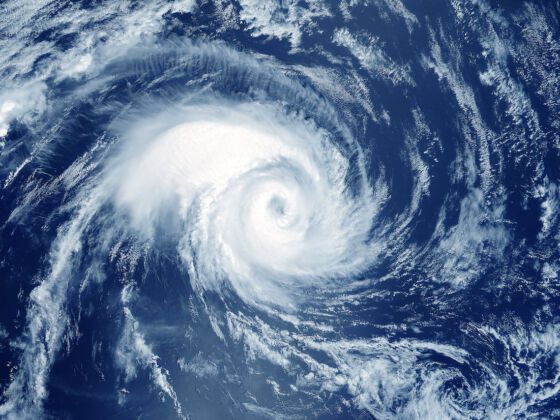IN THE WAKE of Hurricane Maria, Puerto Rico is in the midst of a full-blown humanitarian crisis. The island is still very much in the process of getting back on its feet — electricity is still out for much of the island, and because many of the phone lines and cell towers are down, many on the island are having a difficult time communicating with the outside world. A huge portion of the island’s agricultural infrastructure was destroyed. Clean water is hard to come by. Hospitals are struggling.
In the midst of such a disaster, it’s only natural to want to help. We’ve put together a resource page for what you can do. Here’s where to go.
